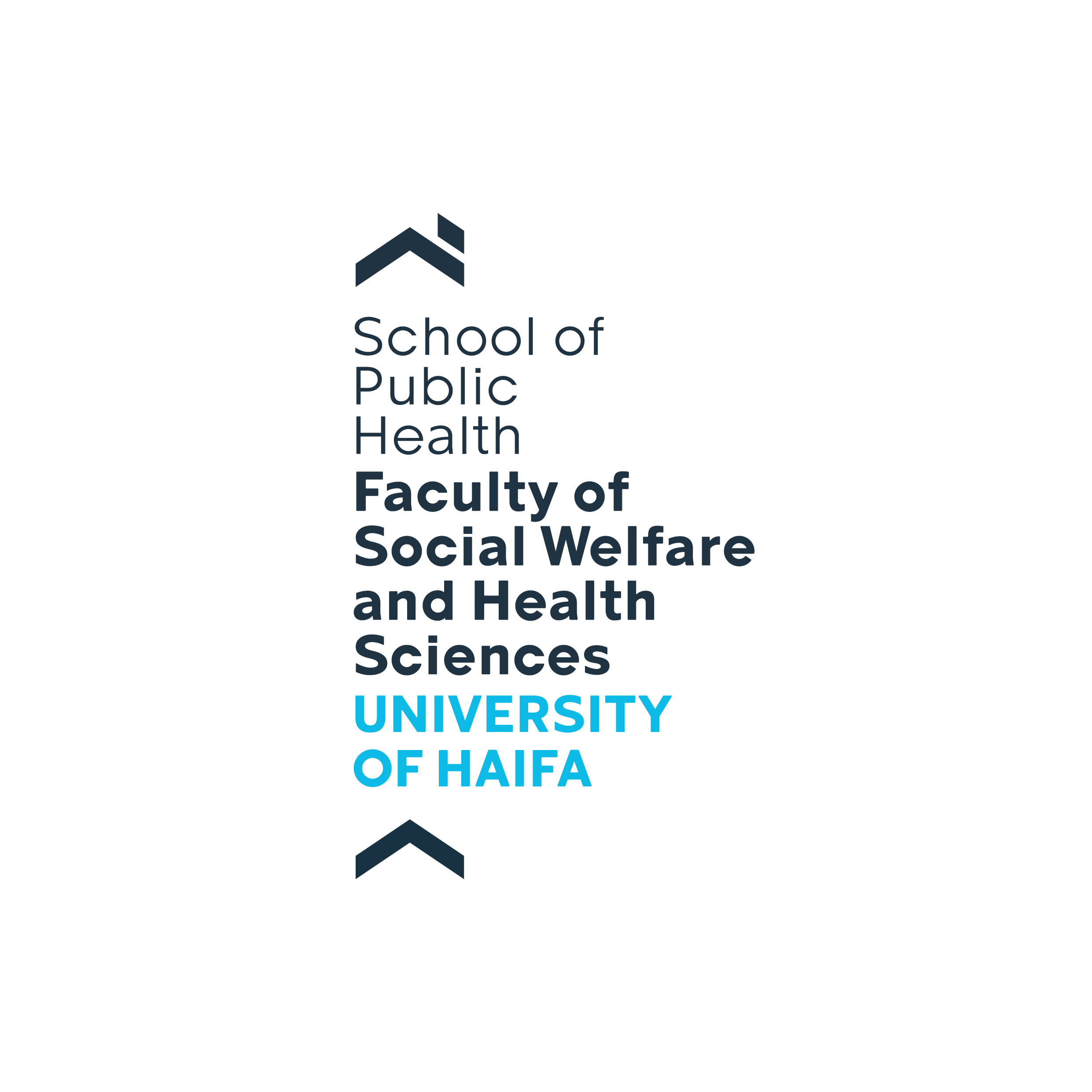Research Methods (2 credits): This course will provide students with an introduction to research and survey methods and the critical skills to conceptualize, design, conduct, and analyze data from health studies. The course will introduce the choice of research topics, evidence synthesis and systematic literature reviews, defining research objectives and hypotheses, choice of research designs, sampling methods and sample size computation, validating research tools, data collection techniques, addressing potential biases in the analyses, and the principles of writing a research proposal.
Health Economics (2 credits): This course aims to expand students’ understanding of key concepts, tools and theories in health economics. Understanding economic incentives and behaviors of key stakeholders in health systems and their influence on decision making is an important part of the course. By the end of the course students will be able to apply an economic lens to a variety of issues in the management of health systems. Topics will include health care delivery, health insurance in market and non-market settings, health behaviours the determinants of health, and the economic evaluation of interventions.
Financial management for health systems (2 credits): This course introduces the basics of financial management at the macro (e.g., national) and micro (e.g., enterprise) levels. The first part of this course introduces basic concepts and tools in finance such as government spending on health systems and discount rates and the use of net present value. The second part addresses the unique elements in finance which are relevant to healthcare systems such as managing risk, budgeting, financial reporting, approaches to healthcare financing, and the significance of for-profit versus not-for-profit business models.
Leadership & Management (3 credits): Students will learn to differentiate and analyze different leadership styles, their strengths and weaknesses, demonstrate skills in leading change efforts and running meetings. Students will attend a bi-weekly seminar to meet with leaders (both within the health care system and in other fields) to learn about the challenges, successes, and practical applications of leadership.





